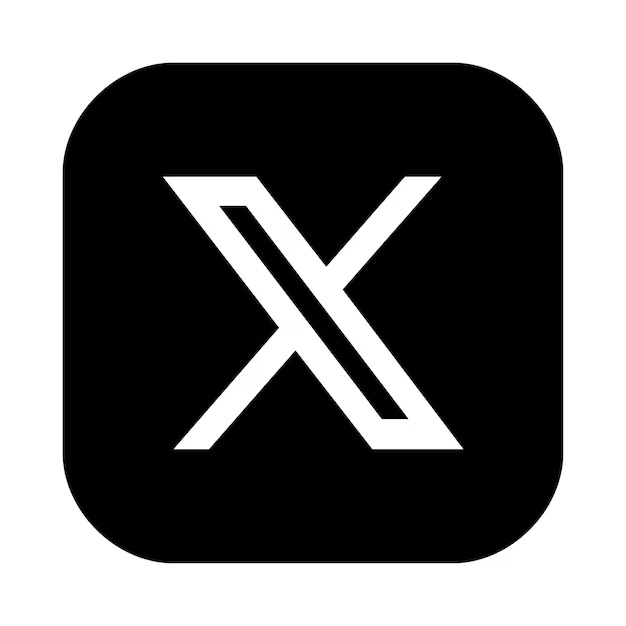Synology Considerations (by Taylor Sharpe, July 2022)
Synology is a hardware company and they sell many different servers. You can see a list of the more consumer level ones on Amazon.
Be aware that the prices sometimes include drives and sometimes do not, but if you do get drives, they have to be the same size (TBs) and probably should be the same brand/model. Usually the drives cost more than the server. SSDs are much faster and MUCH more expensive. Most Synology servers let you use either, but the bays all have to use the same whichever you choose.
Synology really started out just as RAID storage for servers and were thought of mostly as just a storage device (Network Attached Storage or Storage Area Network). But what set them apart from most other similar storage companies was that they started including a cpu and Linux kernel with it so that you could have server services provided on the storage drive. This meant you did not need say some Windows Server to manage the data on it, you could just buy their storage unit and manage everything on it. The initial apps were all about file sharing, permissions, remote backups and other file related software. However, over the years, their DSM software has come to include a lot of other things from calendaring to email to web services and many many more things. Their typical customer target are small to mid-size businesses that are not big enough for large Storage Area Networks with full time IT staff. But as some of us consumer types end up with larger files from things like videos, pictures and music, it has become more useful for "prosumers" like you, Lawrence and me.
The Synology networks use ethernet. So you will need an ethernet connection to your router and you can connect to it from any devices on the Local Area Network including over WiFi.
BackBlaze is a remote backup and storage service. Synology offers several options depending on if you want their cloud storage or Amazon's S3 or maybe Glacier, Google Backups, Microsoft 365 backup, etc. There are many such backup service choices in Synology's DSM and you can evaluate the various ones based on storage pricing. So while BackBlaze is not a Linux kernel software available on Synology's DSM, there are many choices available to you at what you'll find to be mostly cheaper rates than BackBlaze.
There are lots of different RAIDs often dependent on how many drives you have. You get a lot more options if you have more drives. The supported types are SHR, Basic, JBOD, RAID0, 1, 5, 6, 10 and F1. The SHR is the Synology default RAID format, but you can choose any format you want for any storage pool you set up.
Before you buy, you probably need to get an idea of how much useable storage you need, then select a RAID, and find out how much actual storage you have to buy for that RAID to yield the storage you need. The Synology DiskStation DS419slim can be ordered on Amazon with 8TB SSD which should yield a little more than 4TB useable SSD storage for $1599. But there are so many other options out there.
© 2025 Apple Corps of Dallas | Recognized Non-Profit User Group | Apple, Mac, iPhone and other logos and names copyright Apple Inc. or their respective owners
